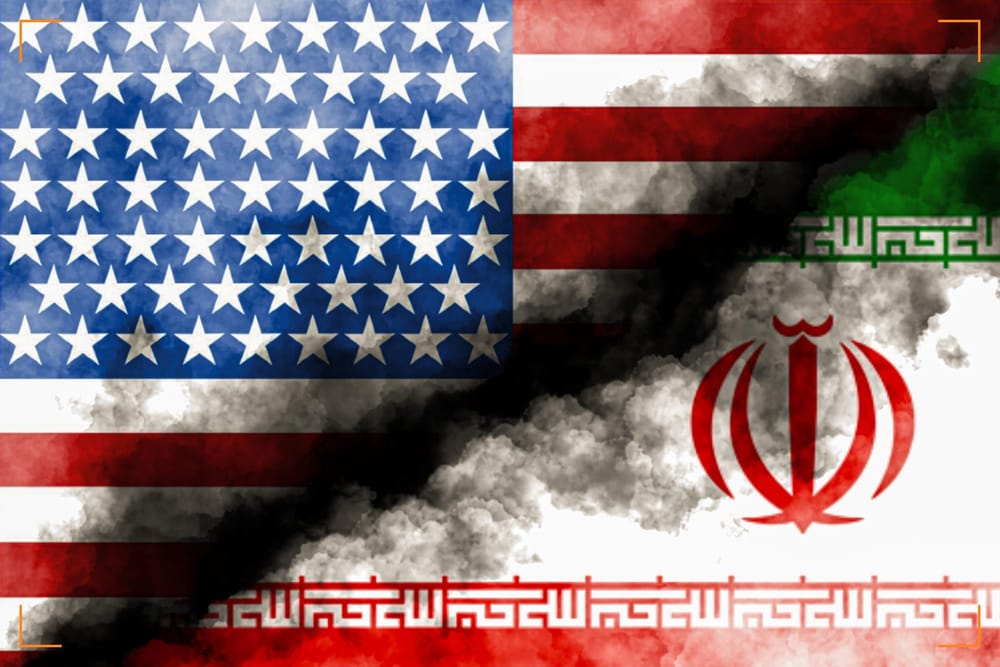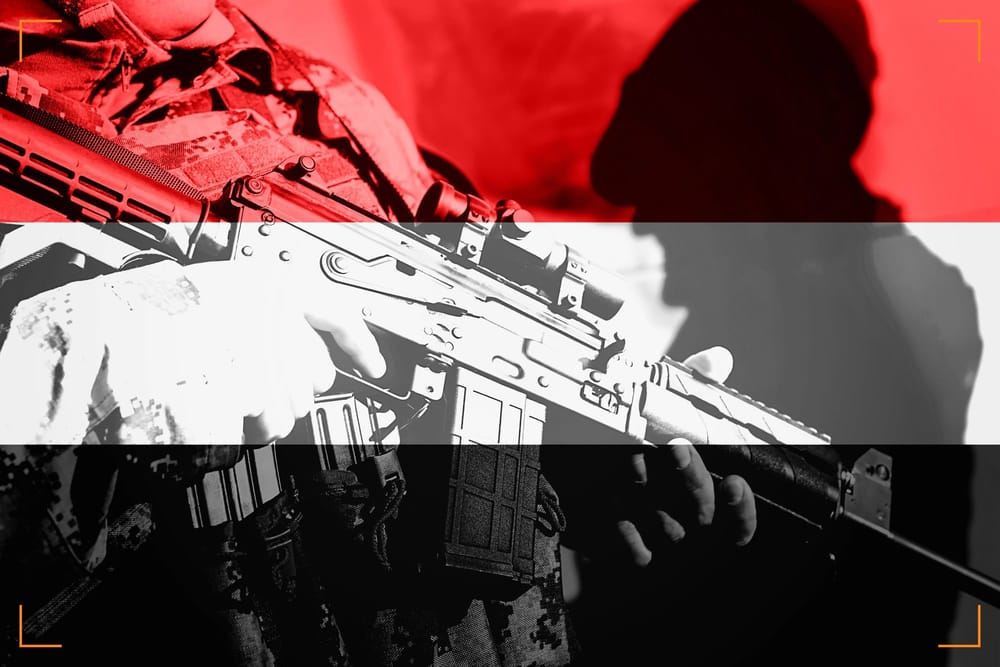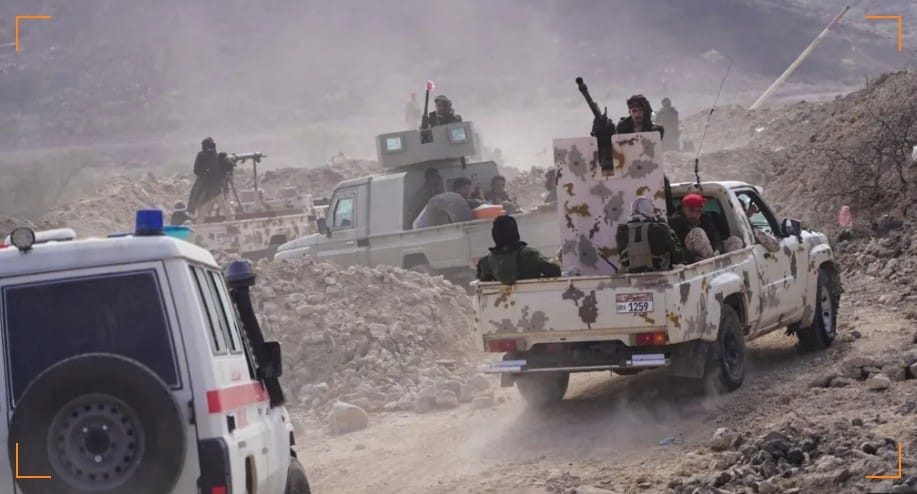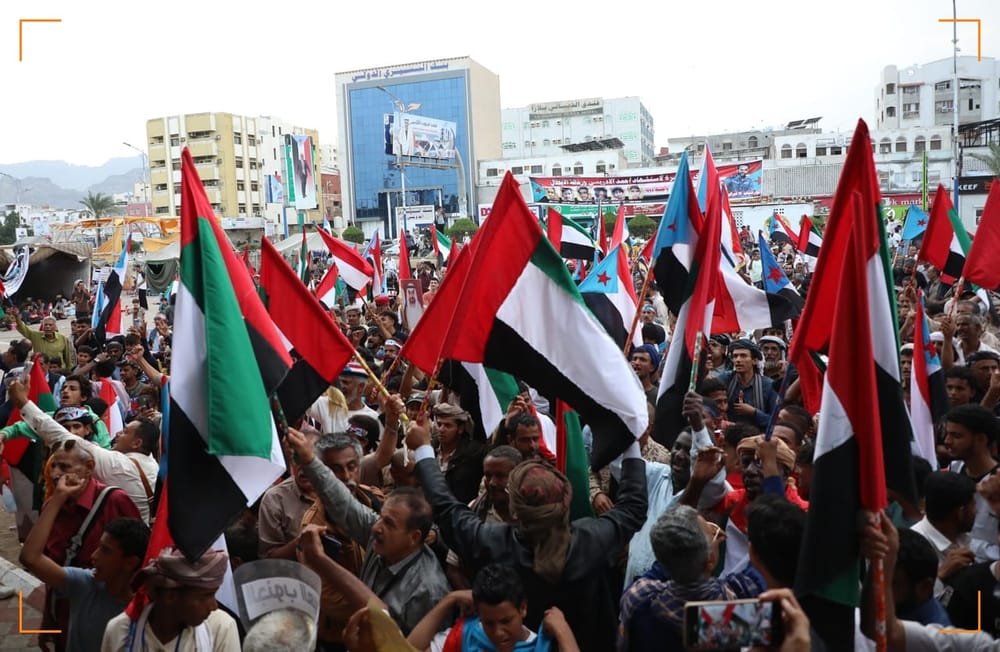
Report Details
Initial Publish Date
Last Updated: 17 DEC 2024
Report Focus Location: MENA
Authors: CM, SO
Contributors: GSAT
GSAT Lead: MF
RileySENTINEL provides timely intelligence and in-depth analysis for complex environments. Our global team blends international reach with local expertise, offering unique insights to navigate challenging operations. For custom insights or urgent consultations, contact us here.
Report Summary
This report examines the current geopolitical and security environment in the MENA region. The collapse of Bashar al-Assad’s regime in Syria has created a power vacuum, with rebel forces now controlling the capital and neighboring regions. Israel has capitalized on the instability by consolidating its presence in the Golan Heights and targeting strategic military positions across Syria. Concurrently, Lebanon is facing a new influx of tens of thousands of Syrian refugees, intensifying economic and social pressures.
Across the region, Yemen has emerged as a new front in the broader conflict. Houthi forces have escalated drone and missile operations against Israel, prompting retaliatory strikes by Israel, the U.S., and UK in Yemen’s port cities. Meanwhile, Iran’s decision to increase uranium enrichment has raised global alarm, despite heightened oversight by the International Atomic Energy Agency (IAEA). Simultaneously, widespread opposition to Iran’s postponed veiling law signals growing domestic dissent.
The UAE continues to expand its regional influence through economic agreements with the Eurasian Economic Union while facing scrutiny for its suspected role in arms transfers to Sudan. In contrast, Qatar has reaffirmed its role as a mediator, advancing diplomatic and humanitarian efforts in the wake of Syria’s crisis.
Syria’s humanitarian situation remains dire, with 16.7 million people in need of aid and an uncertain political future delaying refugee returns. The World Bank reports that poverty levels in MENA have increased from 12.3% in 2010 to 18.1% in 2023, underscoring the persistent economic challenges exacerbated by conflict, inequality, and corruption.
Remaining content is for members only.
Please become a free member to unlock this article and more content.
Subscribe Now





